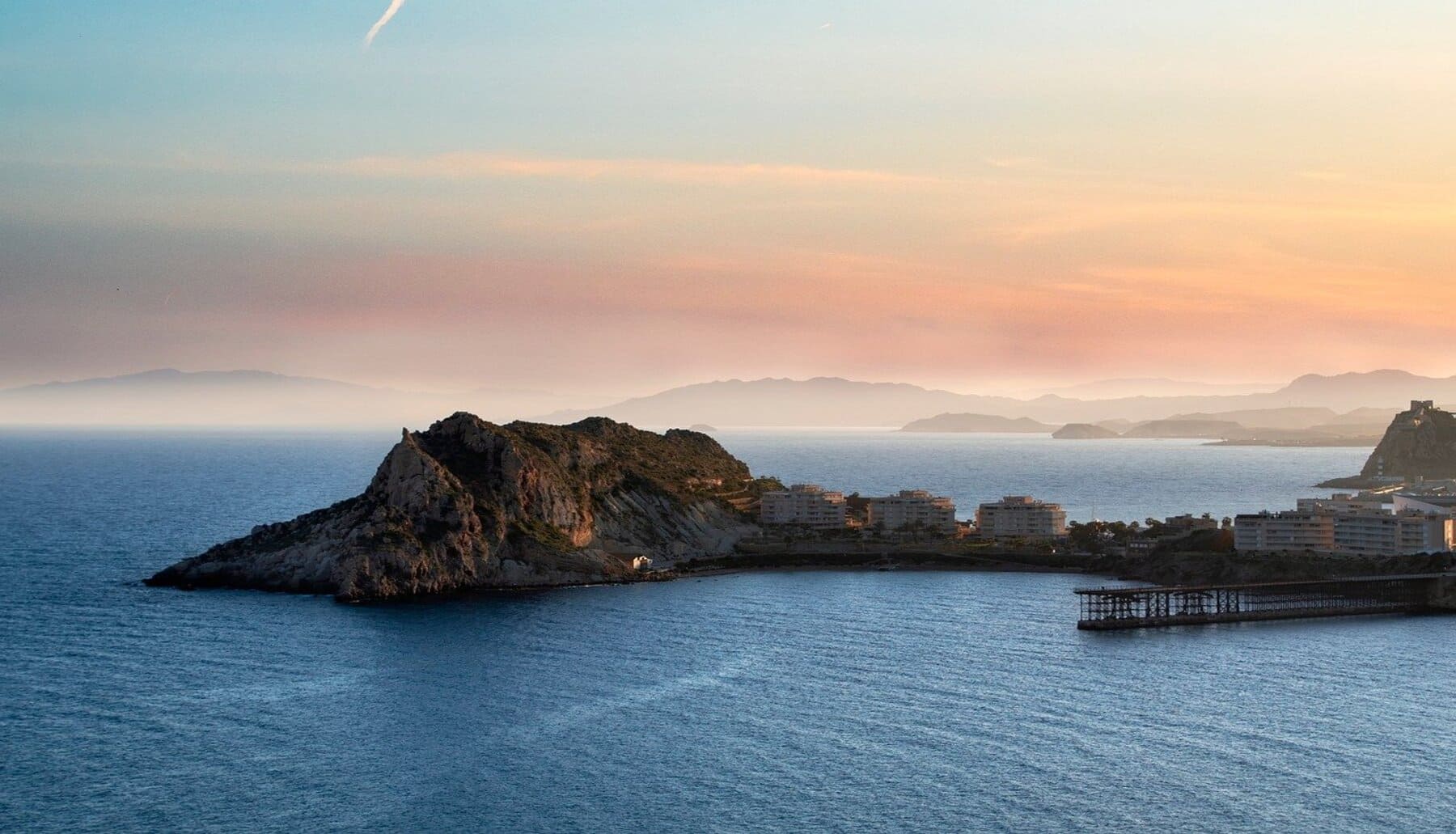Various environmental organizations have transferred to the third vice president and Spanish minister for ecological transition and demographic challenge, Sara Aagesen The need to continue advancing in the conservation of the marine environment and the protection of coastal communities.
That is why they have asked for the implementation of the International Treaty of Oceans, signed in 2023, detailing the steps planned for effective application.
A petition where four other points are joined and that has been done this Wednesday in the framework of the United Nations Conference on the Ocean (UNOC3) that meets in Nice (France) and that today ends.
Ecologists ask to promote the treaty of the oceans
Environmental NGOs, including Marilles, have asked the third vice president and Spanish minister for ecological transition and demographic challenge, Sara Aagesen, implementing the Treaty of oceansratified by Spain, continue advancing in the creation of new protected marine areas and classify two endangered species.
The petition, which covers four other points, have been raised this Wednesday in the framework of the United Nations Conference on the Ocean (UNOC3) that meets in Nice (France) and that today ends.
The meeting was convened by various Organizations of the Med30 project. The NGOs have raised the importance of advancing in the conservation of the marine environment and the protection of coastal communities, and for this they have asked the Minister to implement the International Treaty of the Oceans, signed in 2023, detailing the steps planned for effective application.
In addition, Achieve the 10 × 30 objective within the framework of the Biodiversity Strategy for 2030 of the European Union (EU) and the State Strategic Plan for Natural Heritage and Biodiversity at 2030for which Spain has assumed the additional commitment to contribute to the EU objective of strictly protecting 10 % of its marine surface by 2030 (10 × 30 target).
Spain has also committed to achieve a protection of 30 % marine and land surface by 2030 (target 30 × 30). It is intended to stop three crises: climatic, pollution, and loss of biodiversity, adopting a protection of the highest level in marine spaces.
The NGOs coalition also demands to approve and apply the pending management plans of the protected marine areas (AMP) of the Natura 2000 Network, which guarantee the effective objectives and conservation measures to ensure the protection of these spaces.
Likewise, to implement mandatory measures to reduce the speed of the ships in the management plan of the Protected Marine Area ‘Cetacean Migration Corridor of the Mediterranean’ to reduce their collisions with common rords and puzzles, “main cause of mortality of these large whales in this area”.
In relation to this issue, a letter was given to Aages, backed by 60 scientists and jurists experts in the field, requesting the inclusion of this measure in the management plan.
The NGOs also request to classify the common rorcual and the sperm whale as endangered species, “in coherence with the criteria of the International Union for the Conservation of Nature and the International Commitments of Spain.”
Finally, advance in the declaration of new marine protected areas (AMP), to reach the 30 × 30 target, including the proposal for sperm whales north of Menorca.
According to NGOs Aagesen said The government’s purpose to identify and incorporate strict protection areas in the new management plans announced in UNOC3 and guarantee the continuity of the working group with all interested parties for the discussion of the measures of the speed of ships in the Cetacean Migration Corridor.
Carlos Bravo, an Oceancare Oceanic politics expert, explained that collisions with ships “are the main cause of induced death” by the human being for large whales in areas of high maritime traffic where vessels navigate at speeds far from 10 knots, as happens in the Mediterranean cetacean migration corridor.
Therefore, “The only effective measure is to include the mandatory reduction in the speed of ships in the management plan that the Ministry is currently preparing”. EFE / ECOticias.com

